KEXP is in a unique position for a radio station. The majority of radio stations in the United States are owned by parent companies and are produced remotely to lower operating costs. One example is iHeartMedia, which owns the largest amount of radio frequencies at 855. KEXP is completely independent and holds all the rights to what they do as well as complete ownership of its radio license.
According to Morgan Chosnyk, the programming group director, an on-air host and a DJ for KEXP, these mass-owned radio stations will have their DJs record mic breaks and voice segments for completely different markets than the one they live in. They could live in Colorado and then record for a radio station in Massachusetts.
“Nothing is done creatively or independently,” Chosnyk said. “It’s all done with the idea of making money from commercials.”
Many of the remaining independent radio stations that still exist in the U.S. are owned by universities and schools which means they are only partially independent. They are not fully independent because they still have to adhere to the requirements of the school. KEXP started as a school station, having been previously KCMU at the University of Washington (UW) from 1972 until 2001.
In 2001, KCMU separated from UW and was originally supposed to be dissolved. However, Paul Allen, co-founder of Microsoft, was a huge fan of the radio station and did not want to see it disappear. So he worked with some of the employees of the station and helped them navigate the process of leaving the university and becoming an independent station.
“We have a great, great relationship with the University of Washington,” Chosnyk said. “They’ve let us pay off our license over time, they helped us with technology, and they helped us become fully independent.”
Having complete control of that license is a key part of why KEXP can offer what it does and produce the music-driven products it does. Having complete control of a license allows the people who work there to have complete creative freedom and decision-making ability without having to seek approval from someone else. The only parameters they have to operate by are those of the Corporation for Public Broadcasting and the requirements to keep their non-profit status. One of these parameters is the inability to use radio waves to advocate for political candidates and tell people how to vote.
“Our mission is to enrich your life through championing music and discovery. We have been able to be a beacon of hope for artists and especially emerging artists,” Chosnyk said. “As time has progressed, the music industry has gotten crazier and crazier with streaming.”
Streaming has heavily impacted the music industry, not just radio stations. New and emerging artists are faced with the difficult task of navigating these platforms and building an audience.

This only becomes more difficult with companies like Spotify, which pay little to artists in terms of royalties. Spotify currently has plans to remove royalties entirely to its smaller audiences according to the 2024 Spotify Royalties mode.
This makes the need for other avenues of artist growth and performance all the more necessary. KEXP is constantly showcasing new and up-and-coming artists because their intention is not focused on the money but instead focuses on playing the best music. Whether it’s new music, old music, popular music, or something that’s never been heard on a large scale, KEXP makes a place for it all.
Commercial stations do not do this. If they play music that no one has heard before, then there is a strong fear that profits would take a hit, according to Chosnyk.
Not only do commercial stations only play what is popular but according to Franny Thomas, the DJ manager at KEXP, this focus on exclusively popular and mainstream controls what music people know and puts a system of uniformity in place across many stations.
“In our local community, we very specifically play at least one artist per hour on our variety shows by a band from the Pacific Northwest,” Chosnyk said. “We have a really concerted effort of playing local music, new and old.”
Being a non-profit presents some challenges, but it also presents opportunities for KEXP to grow and learn. Every year, KEXP does an event where they reach out to people and market to earn donations from members of the community. However, they don’t just look for donations but also feedback from listeners. This adds human connection between the station and listeners and is one of the big aspects of what brings people into the KEXP community according to Chosnyk.
Human connection also comes from the DJs who create the programming. The station doesn’t dictate what each DJ plays during their set, it’s entirely up to them (as long as they maintain one local artist an hour). Every DJ has different tastes, so every show is different with its unique personality and style.
“When you have real people picking out stuff that they love and that they feel passionate about and that they want to use as a tool for connection, both with an audience and a music community, it makes it better. It just makes it more entertaining,” Thomas said.
Chosnyk believes that KEXP came to be because of Seattle, that Seattle holds all the key ingredients needed to produce an independent radio station. That, if it were not for the foundation already here in the city, KEXP would not be what it is.
This is KEXP’s 51st year on air, and despite the current state of radio and music, they continue to grow a vibrant community centered around integrity and a love for music. This success is only possible because of the people involved including KEXP employees, the listeners and the Seattle community as a whole.






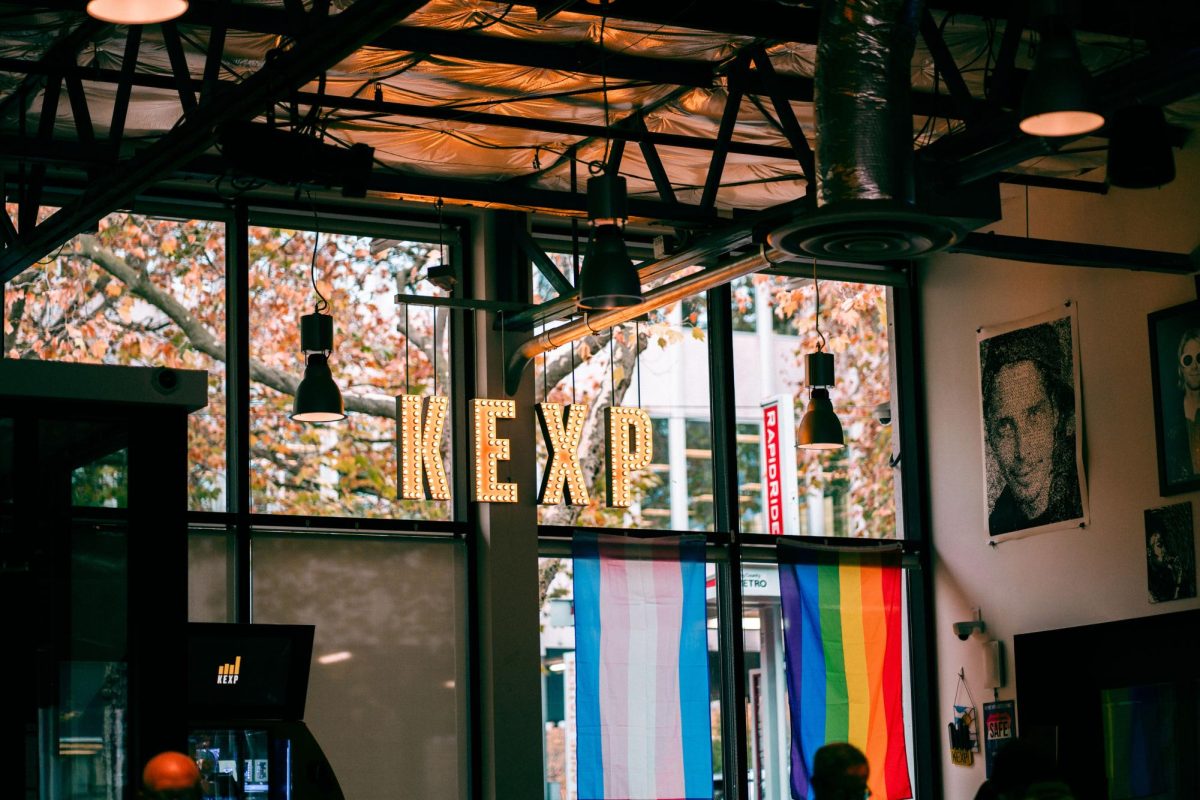


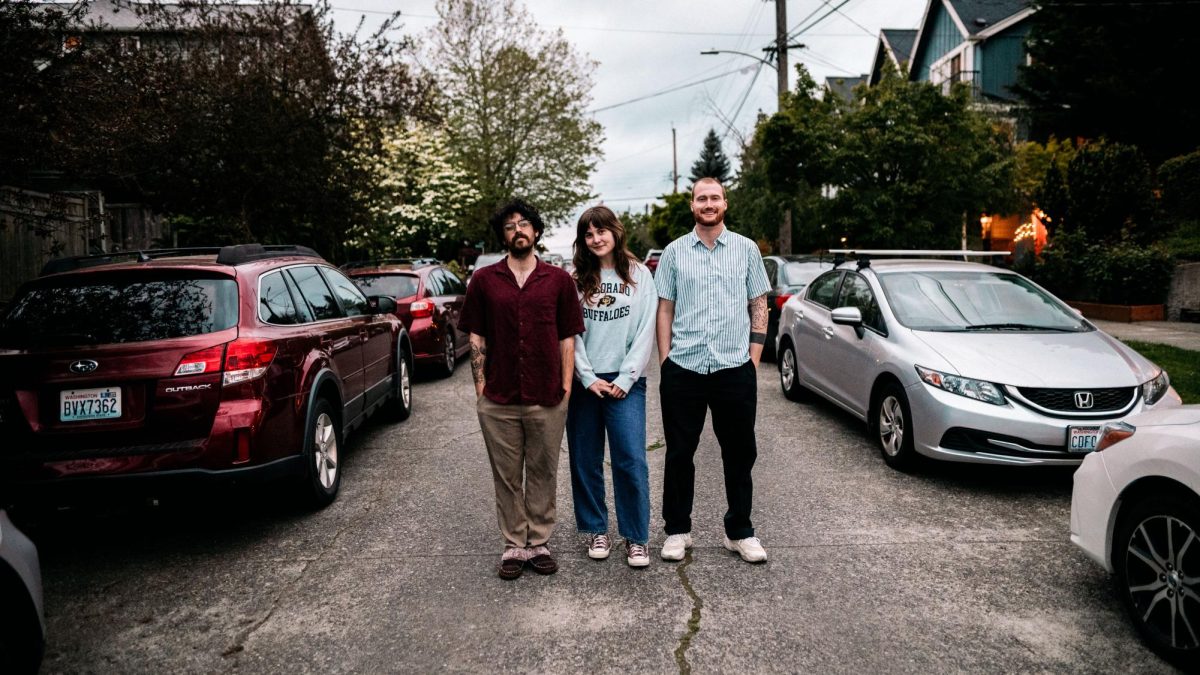





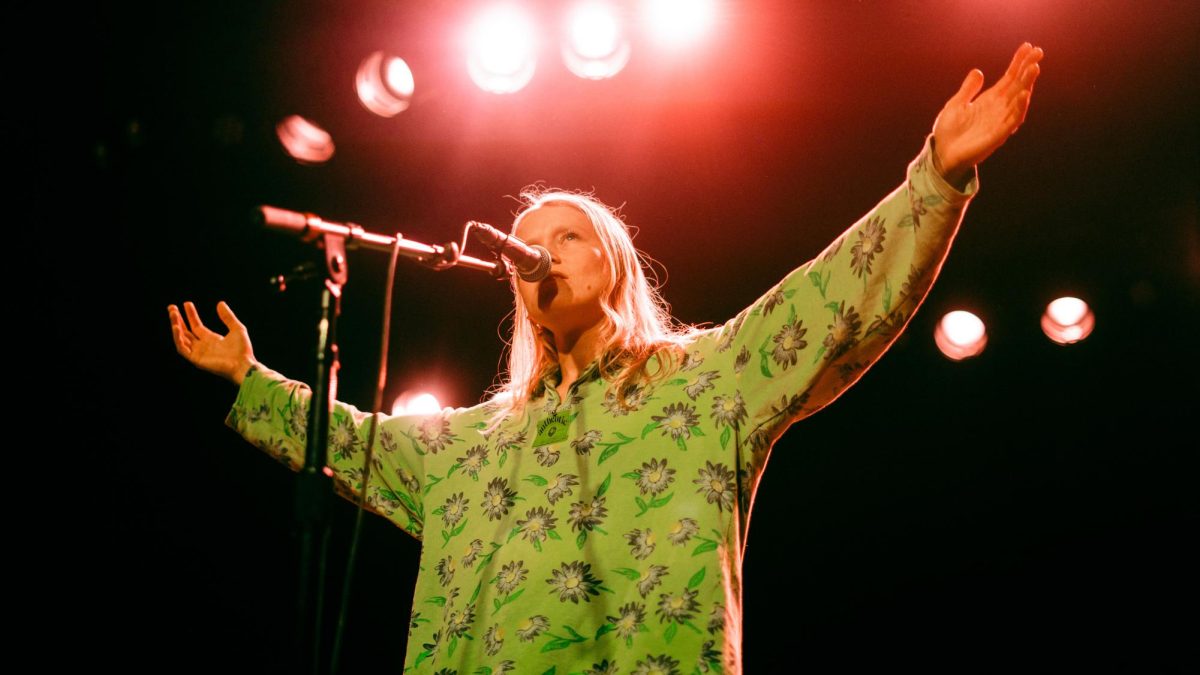

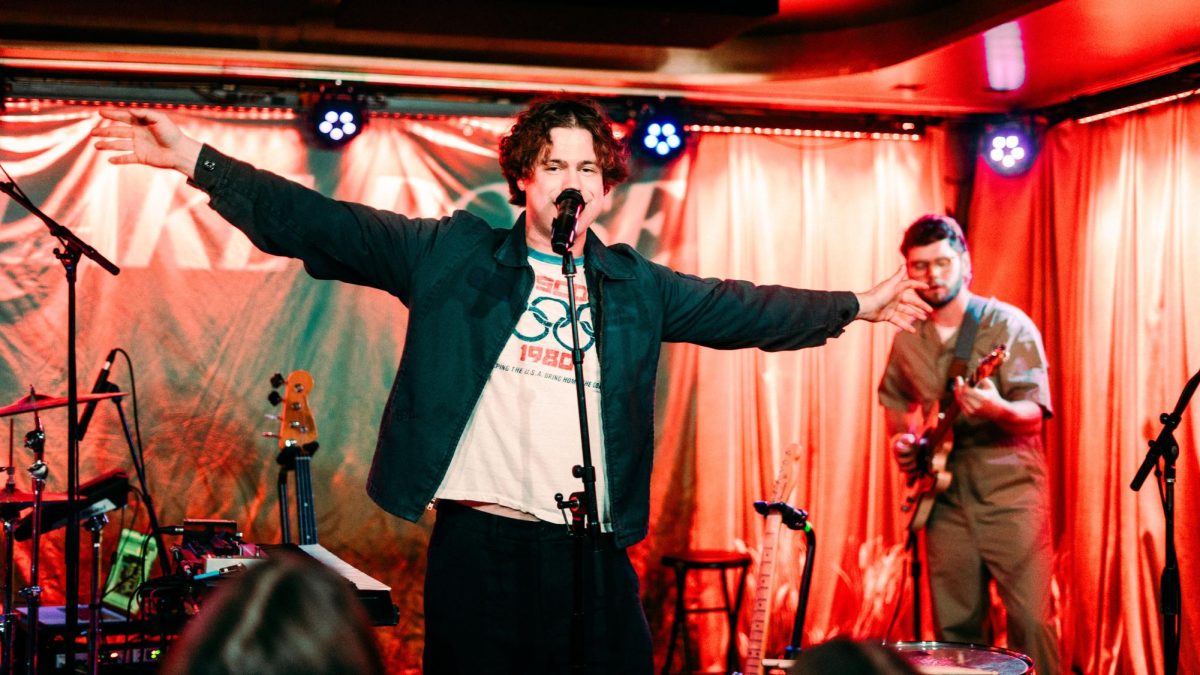
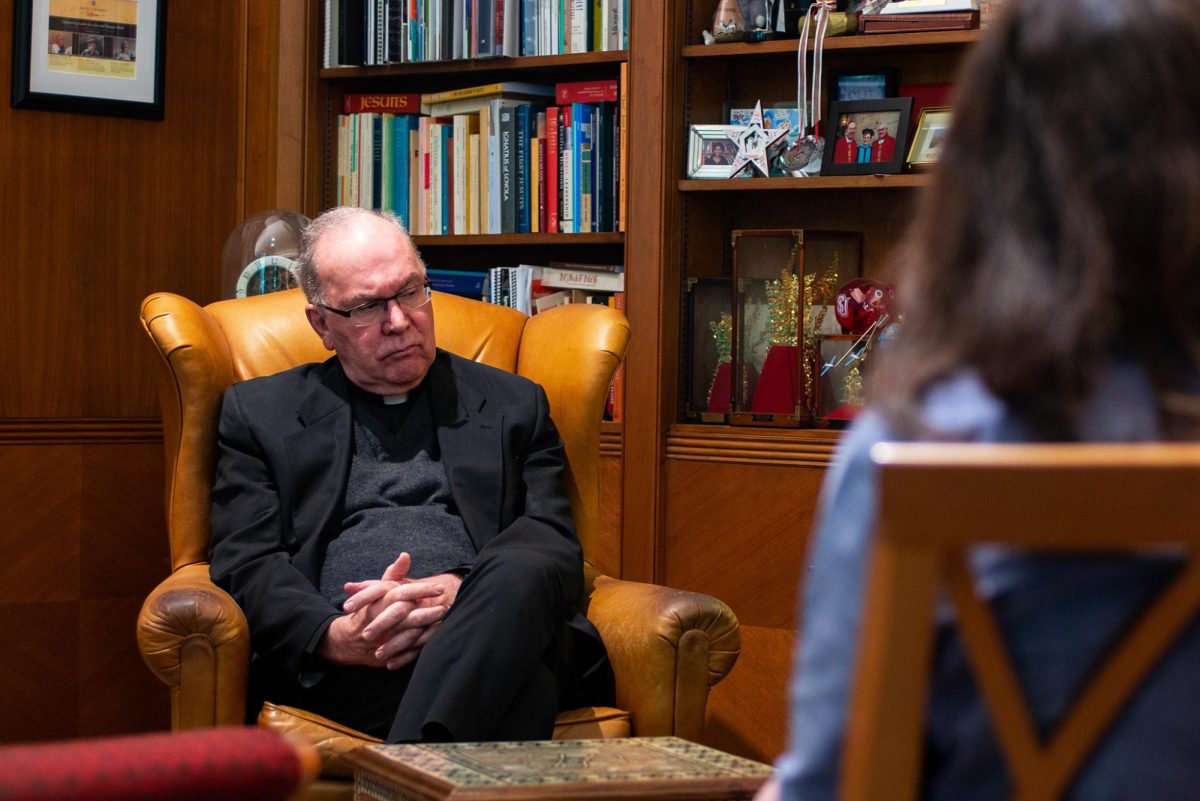


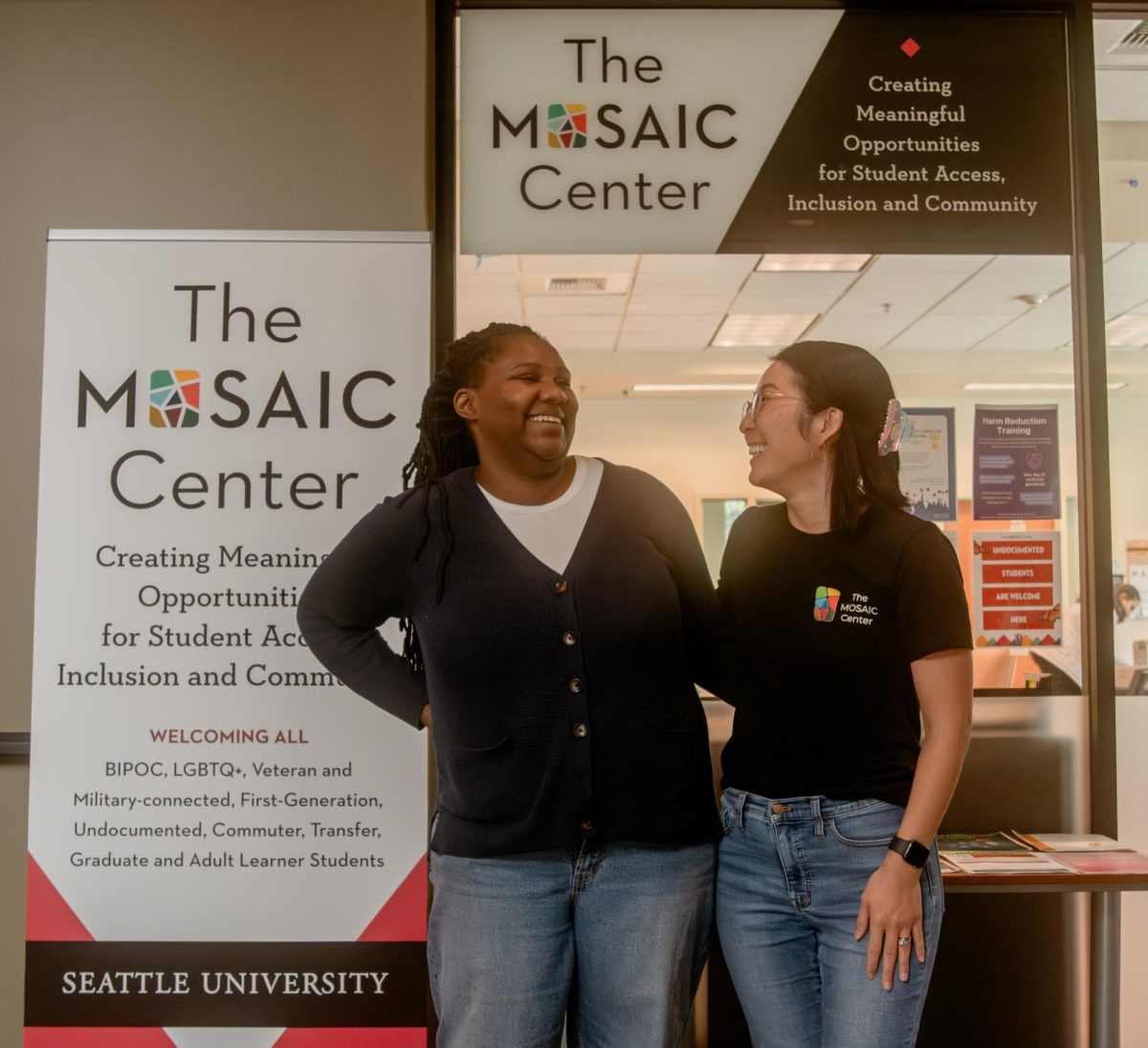
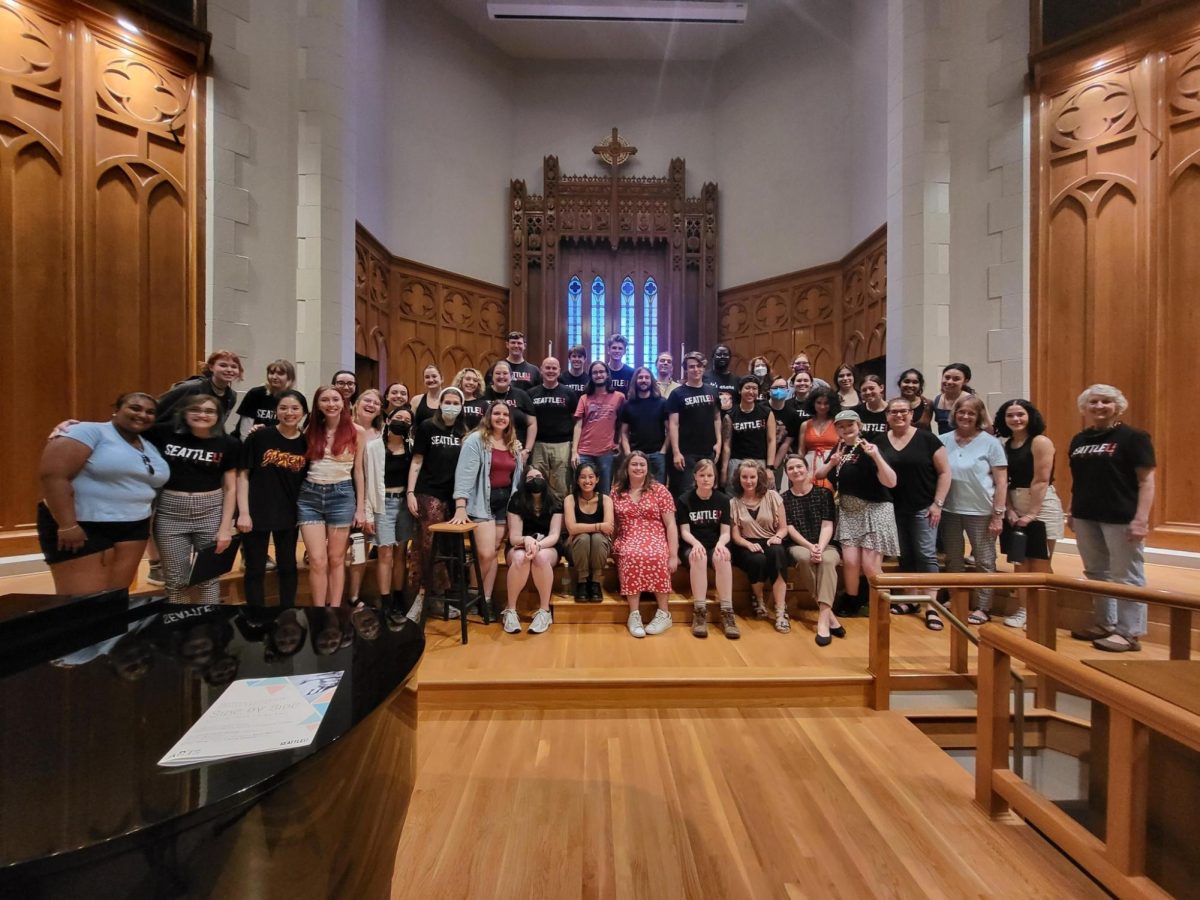
Joy
Mar 14, 2024 at 12:48 pm
There’s a mom named Joy Evaans(two “A’s”) from the SF bay area who builds her own guitars out of cigar boxes and rocks the hell out of them. It’s me. I’ll probably send some links to this station. Why do I want my music heard? To show people all over the world how Christ Jesus plucked me out of the depths and changed my life overnight. Thanks, KEXP. I just learned of you guys yesterday but have enjoyed listening and your free spirit ever since. -Joy